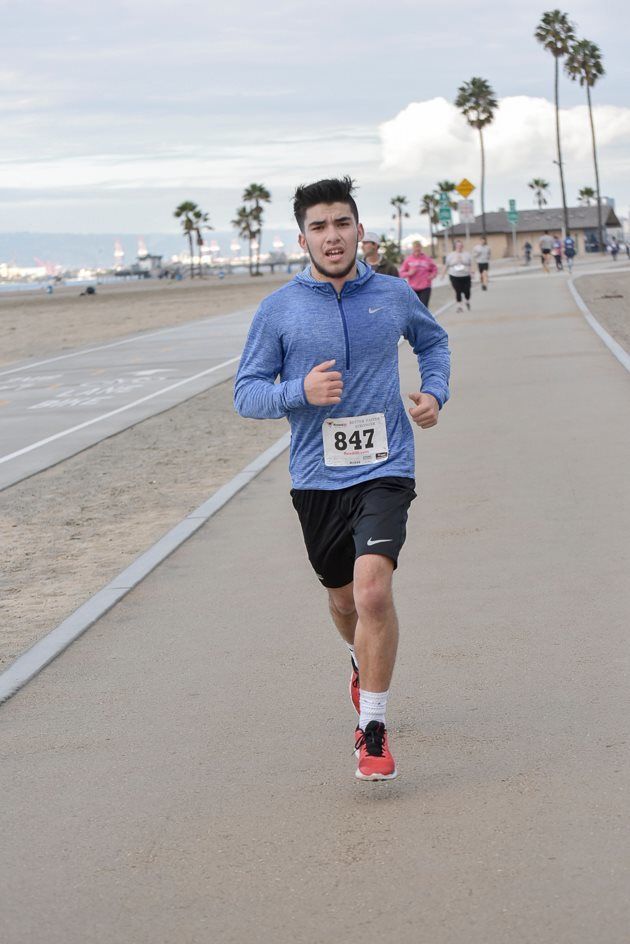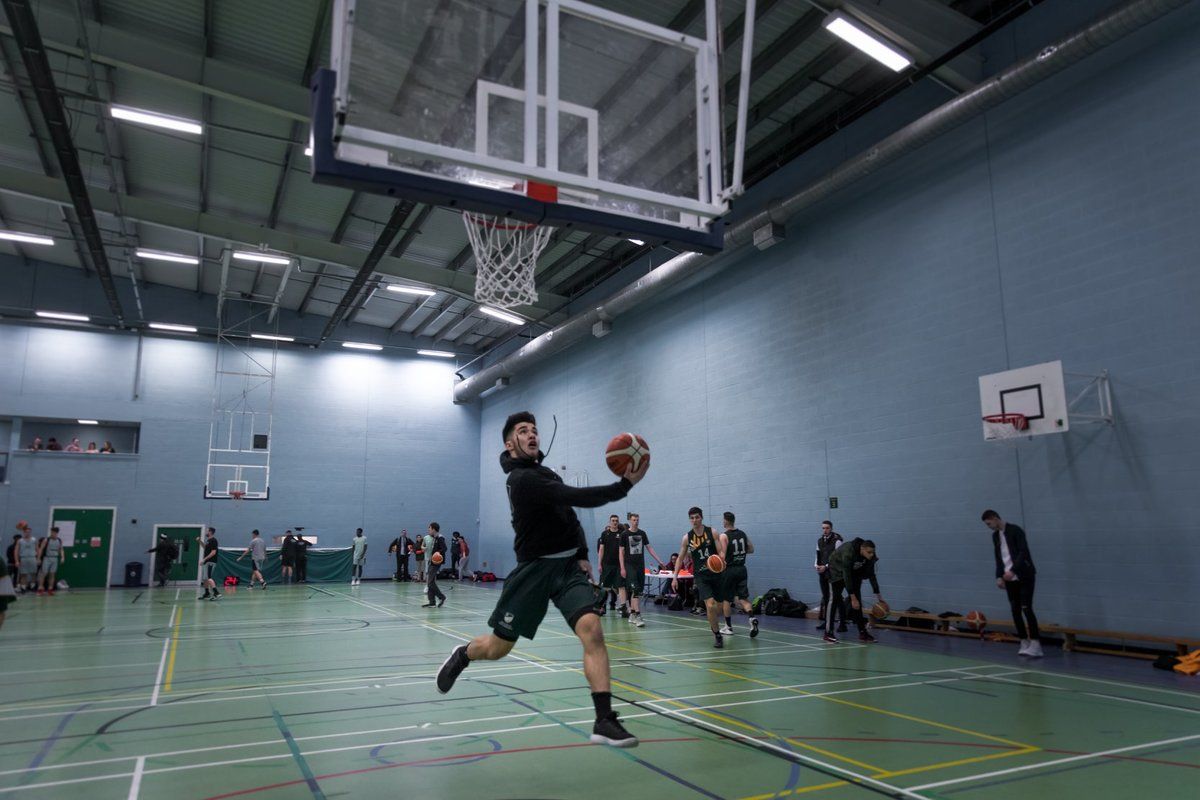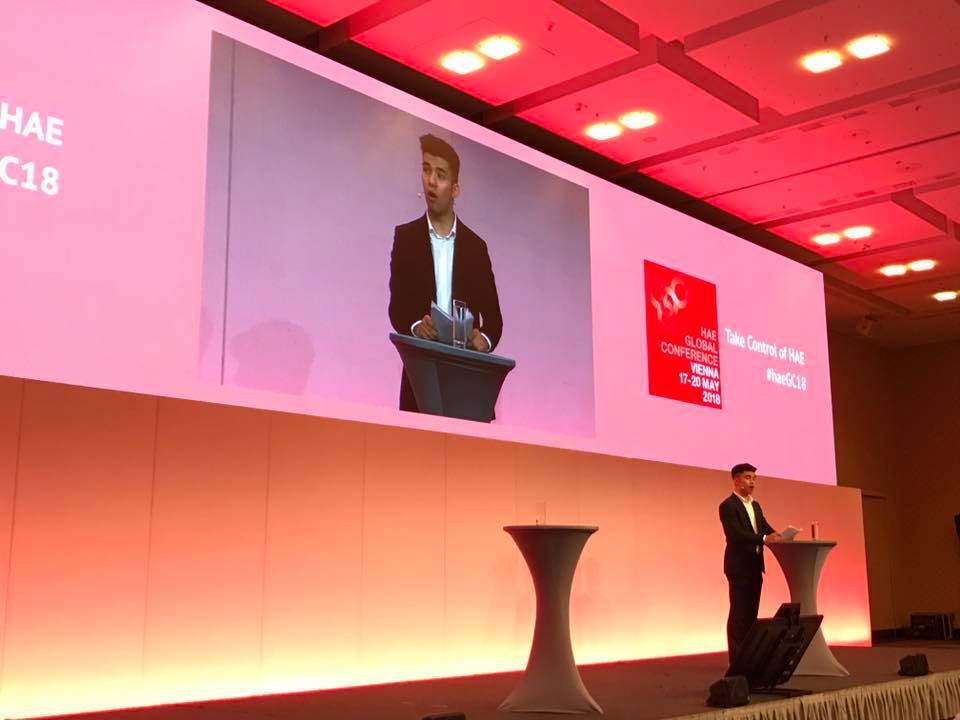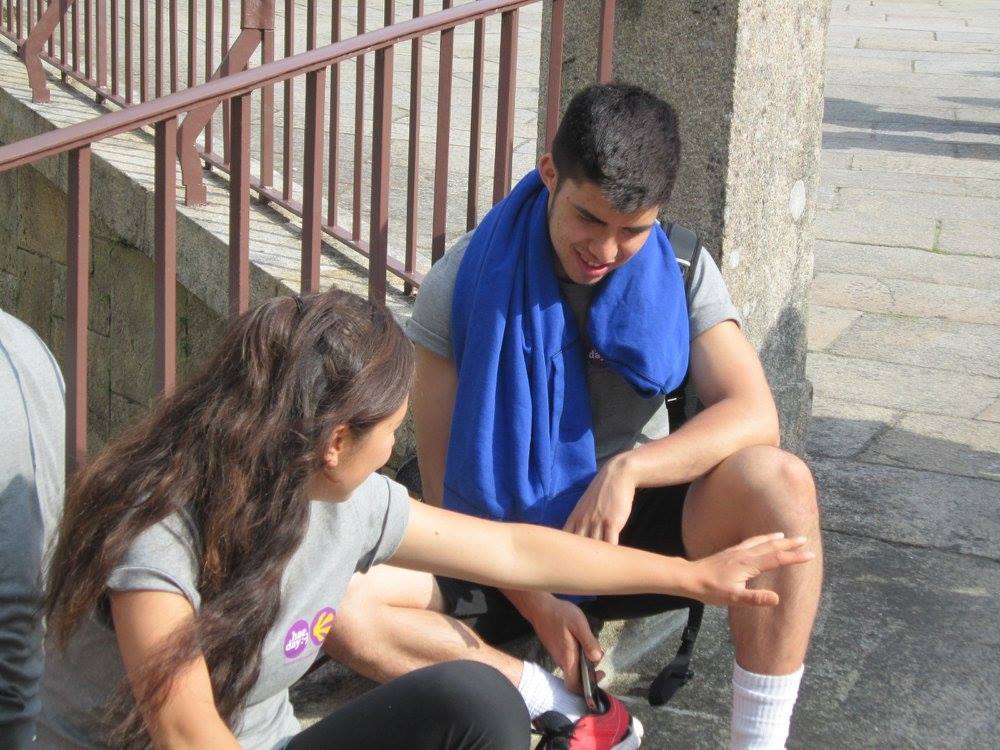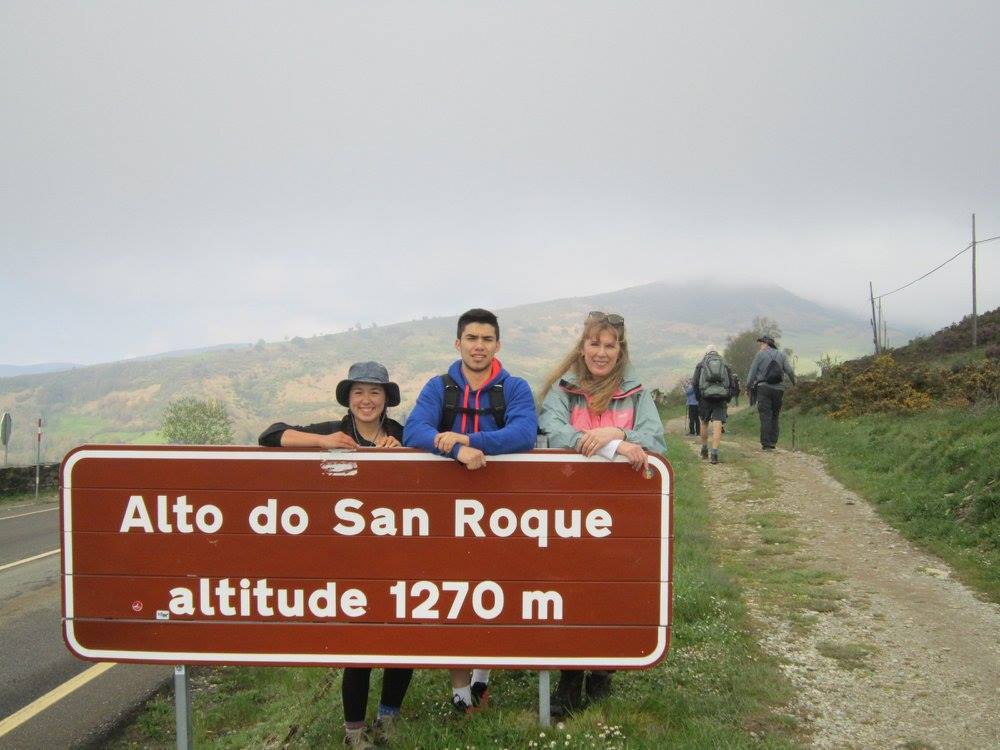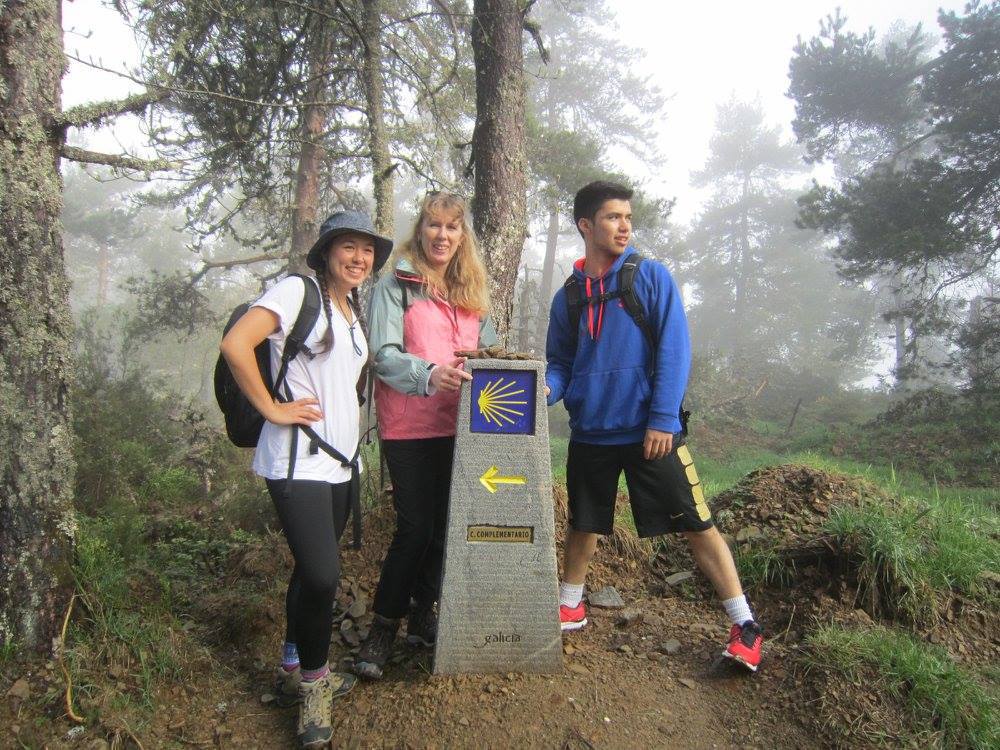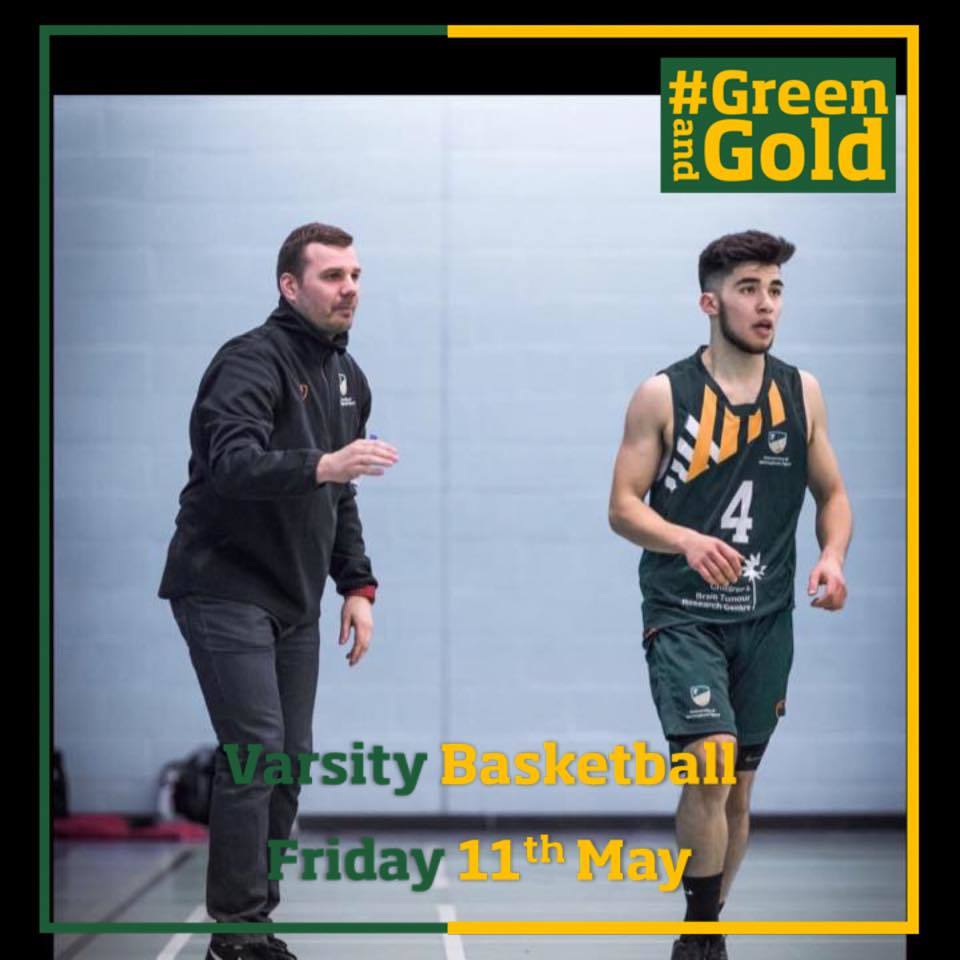YUJIN YAMAMOTO,
JAPAN (1996)
Japanese HAE patient Yujin Yamamoto: There is no denying that HAE is a rare and serious orphan disease. Yet, by drawing upon our inner strength and accepting support from families, expert doctors, and HAE advocates the lessons we learn from having HAE can empower us to achieve whatever we strive for in our lives.
There is no denying that HAE is a rare and serious orphan disease. Yet, by drawing upon our inner strength and accepting support from families, expert doctors, and HAE advocates the lessons we learn from having HAE can empower us to achieve whatever we strive for in our lives.
Starting at a young age, there were times when I would throw up for a day or more. My Mum experienced these symptoms as well so I figured that it was just something everybody had to deal with. I simply labeled my problem as an ‘upset tummy’ and blamed it on overeating a certain food or not getting enough sleep. It never occurred to me that something unusual was going on.
You weren’t diagnosed before the age of 16?
That’s right. Even though it continued to worsen for both my Mum and myself, I wasn’t diagnosed before my mid-teens. Around the time I turned 16, there were frequent visits to doctors and many hospitalizations all ending in an inaccurate diagnosis. This is the phase of my life where I began to realize that what might first appear as an impossible situation can result in something very positive. Our family faced something genuinely horrible when my Mum had a laryngeal attack that put her in the Intensive Care Unit where doctors worked to keep her alive while grappling with what they viewed as ‘medically confusing’ symptoms. This awful and dangerous experience, however, motivated doctors to figure out the puzzle finally and diagnose my Mum as having HAE type 1. Subsequently, the doctors had my sister and me tested, and that is when I found out that I also had HAE. On the one hand, it was great to finally know the cause of the problems I had been experiencing all my life. But after the doctor confirmed the HAE diagnosis, he added a chilling warning and said it would be dangerous and inadvisable for me to ever travel outside of Japan.
And that wasn’t exactly the message you were looking for at that specific time?
Well, from a young age I had been obsessed with basketball. I ate, slept and dreamed about basketball. All I ever thought about was how to improve my game, and early on I set a goal of being recruited to play basketball at a prep school in the United States. Therefore the timing of my HAE diagnosis and the doctor’s warning could not have come at a worse time.
How is that?
Just a few days prior to the diagnosis, I had been accepted to attend an elite month-long summer basketball camp in the United States. This camp meant everything to me because prep school coaches from around the US attend to watch international students showcase their basketball skills. I was determined to make a big enough impression to attract an offer to attend and play basketball at a prep school in the United States. At that moment, it looked like everything that I had thought about constantly and worked so hard to achieve would be completely taken away.
But after all, it wasn’t?
No, at this point in my life I came to understand the power of family, expert doctors who treat HAE, and people who advocate for HAE patients. I am fortunate to have a very smart and dedicated Mum who would do everything in her power to make sure HAE did not prevent me from pursuing my goals and aspirations. That was the case with my desire to attend basketball camp in the USA. My Mum is not someone who will take ‘no’ for an answer. She used her drive and ingenuity to figure out what would have to be done to ensure that I could fulfill my goal and safely travel to the USA. She made contact with a variety of expert HAE doctors including a very prominent one in London who believes in a ‘no limits’ approach for children with HAE. The doctor advised my Mum to develop a strategy that would keep me safe while traveling to the USA – and that is precisely what she did. As part of this effort, my Mum contacted HAEi President Anthony J. Castaldo, and together they worked out a detailed travel logistics plan and devised a way to ensure that HAE treatment would be available if I needed it.
So, in the end, you did in fact go the camp in the USA?
Not only did I attend the basketball camp, but I also managed to attract recruiting offers from a couple of top US prep school basketball programs. Not long after attending the camp, I received and accepted an offer to attend the New Hampton School in New Hampshire and be part of the school’s basketball program. Throughout the summer months, we took care of the required paperwork that included obtaining a US Student Visa and registering for classes. Things were proceeding smoothly until three days before my flight was set to leave Japan for the USA. That was when we received an unexpected and disturbing email from the school’s physician saying that I would not be allowed to attend New Hampton because I had HAE and the school was not equipped to handle my condition.
I guess you didn’t just give up fighting at that point?
Definitely not, my Mum once again started to work tirelessly to overturn the doctor’s decision. I admit this was the only time in my life when I thought to myself that maybe HAE really is a disability but the swift and positive action of the people around me quickly eliminated that thought from my mind.
True to form, my Mum spent hours explaining HAE to the school’s doctor. She once again put the power of patient advocacy to work and asked the HAEi President to also call the doctor. Anthony J. Castaldo corroborated the information that my Mum provided, emailed a few relevant HAE medical journal articles, and arranged for a physician from the US HAEA Medical Advisory Board to consult with the New Hampton School doctor and nurses. Thankfully, the doctor reversed his decision in time for me to make my flight and attend prep school in the USA. Once again, the power of family, expert doctors, and HAE advocates empowered a change that enabled me to fulfill a longstanding dream.
Finally arrived at your new school you might for a moment have had a feeling that all of your HAE problems were now behind you?
I did, but that thought turned out to be false. Part of the ‘deal’ that changed the doctor’s mind was that I would be proficient at self-administering intravenous HAE medicine. While this is something I fully endorse as a best practice in HAE patient care, I had little experience with self-administration. You see, in Japan, patients must go to a hospital or a doctor’s office to get an attack treated. Maybe it was the stress of living abroad by myself or the pressure of keeping good grades while spending countless hours practising basketball, but at prep school, I experienced an increase in the frequency of my HAE attacks. I must say, learning to self-infuse proved to be a bit more challenging than I anticipated. But like with the other HAE circumstances this situation demonstrated something very important: the value of healthcare professionals who take care of us, and how we can rely upon them for help.
So initially you had difficulties self-administering your HAE medications?
Yes, sometimes I would get it on the first try, other times I would run out of veins to stick. I remember many failed attempts to treat abdominal attacks that created a bloody mess. There were multiple middle of the night calls to the nurse on duty followed by slow, painful treks over to the health center often through thick New Hampshire snow. The kind nurses were always there for me and patiently guided me to self-infuse successfully. These wonderful healthcare professionals made sure that I left prep school with the confidence to self-infuse. This experience once again illustrates that there are many people out there who will gladly help empower us to deal with HAE.
Having the ability to treat your attacks allowed you to continue your studies and basketball career abroad?
Indeed so. After graduating from the New Hampton School, I decided to attend the University of Toronto in Canada and also spent a year as an exchange student at the University of Nottingham in the United Kingdom.
What would you say that your experience as an HAE patient has taught you?
Most of all that I cannot change the fact that I have HAE – but more importantly that I can choose not to let HAE control my life. I now know that I can transform the disadvantage of having HAE into a personally empowering advantage. In his book ‘David and Goliath’ author Malcolm Gladwell chronicles the life of a young man with a devastating disorder called dyslexia that, among other things, impairs people’s ability to read. Gladwell shows how the young man developed skills to compensate for his dyslexia and went on to find extraordinary success and fame as a lawyer – a profession that requires a keen ability to process and comprehend the written word. This story resonated with me because it demonstrated that what I previously considered completely negative experiences brought on by HAE could actually be the source of great empowerment.
What I have come to realize is that enduring the intense abdominal cramps for all those years led me to develop a very high tolerance for pain. Turning the disadvantage of experiencing pain into the advantage of high pain tolerance turns out to be extremely useful in my athletic endeavors. My coaches take notice because I can sustain tough workouts for hours on end without showing any signs of weakening. Although I might not always have the height or other physical characteristics possessed by others I compete with on the basketball court, my high pain threshold allows me to push myself harder than any of my competition.
Your diagnosis and experiences with HAE have led to other things too.
Yes, as a result of my diagnosis I became interested in the science of HAE and decided to take courses in biology and chemistry so I could understand the biochemical mechanisms that cause swelling. This interest motivated me to seek an internship with a pharmaceutical company. Last summer, I was privileged to spend two weeks as an intern at BioCryst’s Alabama research facility where I had a front-row seat observing hardworking and dedicated researchers as they navigated the complex and high-risk world of drug development.
It seems that your mother – who is Beverley Yamamoto – has played a central role in the way you are dealing with the condition that the two of you have in common.
Well, I have already alluded to the strength, courage, drive, and intelligence of my Mum and I have mentioned the things she has done to help me take control of HAE, but that is only part of the story. After getting diagnosed, my Mum quickly realized that Japan – despite its wealth and excellent medical infrastructure – was way behind the modern world when it came to taking care of HAE patients. Not one to let this unfortunate situation continue, my Mum realized that Japan sorely needed an advocacy organization that would bring greater focus on improving HAE diagnosis, education, and treatment. She spent countless hours reaching out and gaining support from the Japanese and international HAE community of physicians, researchers, and pharmaceutical companies. She also began working with HAEi, which sponsored and supported her efforts to organize patient meetings in Tokyo and Osaka. Building on the success of the initial patient meetings, my Mum led a successful effort to create the formal organization HAE Japan. Never one to be satisfied with the status quo, she is now working to get the Japanese government to pass a policy permitting self-administration of HAE medicines. My Mum continues to build HAE Japan while pursuing her professional life as a full professor at the prestigious Osaka University. Her research interests have evolved and now include bioethics and the impact of patient advocacy. We can look forward to some interesting and important scholarly work that will inform future patient advocacy strategies.
Any thoughts on the work of HAEi?
As a young HAE patient, I wholeheartedly endorse HAEi’s Youngsters’ Summer Camp program and efforts to have special youth activities during the global conferences like the one in Vienna, Austria. I also find it impressive that HAEi has presently six Regional Patient Advocates who are responsible for helping interested patients form national organizations and providing technical and other assistance to existing groups looking to expand their membership or broaden access to modern HAE medicines. I strongly recommend that member organizations make full use of HAEi’s free web hosting services and HAEi Connect – a secure, custom-built relational database that will help member organizations manage their membership and communications. HAEi’s presence in China, India, Sub-Sahara Africa, Latin America, Eastern Europe, the Philippines, and Southeast Asia shows that HAEi is making smart, forward-looking strategic investments in the power of patient advocacy.
A closing remark, Yujin?
That would be that HAE patients – and their families – should always keep in mind that what might first appear as an impossible situation can result in something very positive. I hope that they can find the inspiration to look at their HAE experiences as a source of empowerment that puts them on the path to achieving their goals and aspirations.
Since 2019, I have been back in Tokyo where I have had to adjust my lifestyle, as there is not yet any self-administration available in Japan. I am hoping that though the continued advocacy work of HAE Japan we can help to increase the quality of life in Japan for HAE patients.
HAE related topics that might interest you
Global Perspectives
Magazine with timely information on the issues, activities, and events that are relevant to the global HAE community
HAEi Advocacy Academy
Courses, advocacy training, and tools to support people living with HAE and becoming an HAE advocate
HAEi Connect Member database
Free, secure online membership database and communications platform for HAEi’s member organizations
HAE Companion app
Access to HAEi’s emergency card in many languages and ACARE Centers, HAE knowledgeable hospitals and physicians
Stay tuned – sign up for our newsletter
BE THE FIRST TO KNOW ABOUT HAE NEWS, TREATMENTS, EVENTS AND RELATED TOPICS


